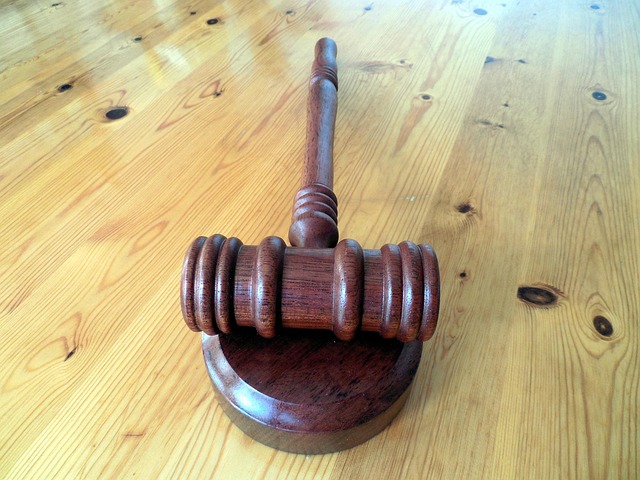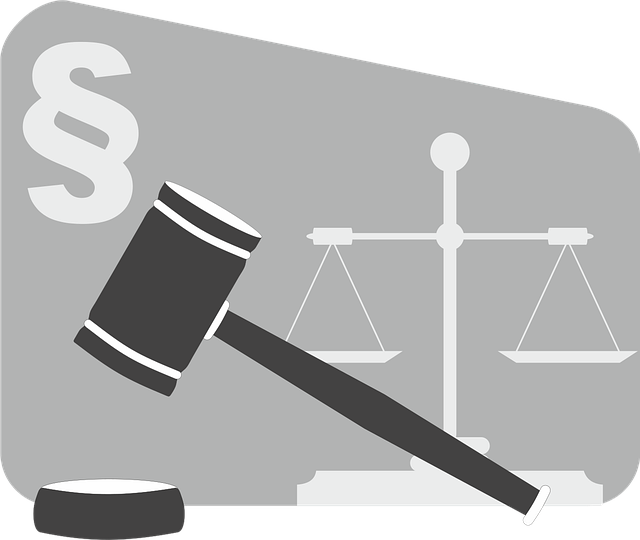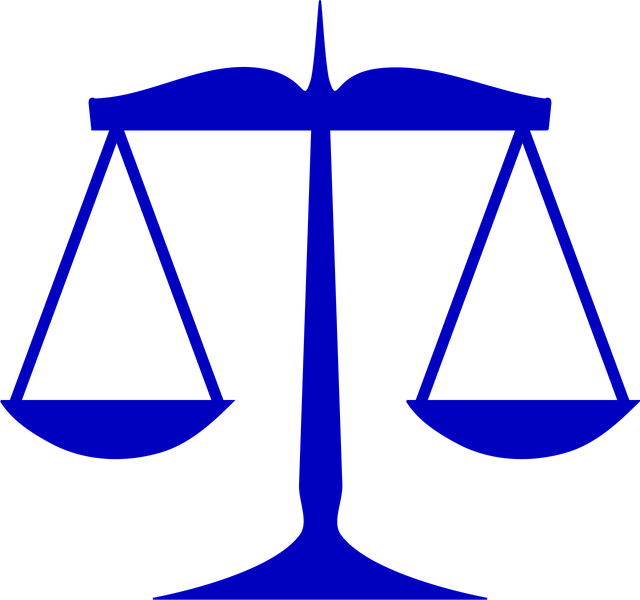Antitrust litigation strategies for tech companies must consider Whistleblower Protection Laws to safeguard and guide reporting of illegal activities. These strategies aim to mitigate damage, protect interests, and foster ethical cultures. Whistleblowers expose illegal practices, leading to significant legal actions and market transparency. Tech giants defend against allegations using antitrust laws, employing white-collar defense attorneys. Successful strategies involve understanding laws, assembling diverse legal teams, and challenging allegations in complex cases. Case studies show whistleblowers securing substantial victories, setting precedents for future anti-trust violations.
In the dynamic landscape of business, whistleblower protection lawsuits are emerging as a powerful tool to combat corporate misconduct. This article delves into the intricate world of whistleblower protections, guiding readers through essential knowledge on antitrust claims from a whistleblower’s perspective. We explore legal strategies for tech firms facing such suits and offer practical advice for navigating litigation effectively. Additionally, real-world case studies highlight successful whistleblower actions, providing valuable insights into antitrust litigation strategies for tech companies.
- Understanding Whistleblower Protection Laws
- Antitrust Claims: A Whistleblower's Perspective
- Legal Strategies for Tech Firms in Defense
- Navigating Litigation: Key Steps and Tactics
- Case Studies: Successful Whistleblower Suits
Understanding Whistleblower Protection Laws
Whistleblower Protection Laws are a crucial set of legal safeguards designed to encourage individuals to come forward with information about illegal or unethical activities within organizations, particularly in the tech industry. These laws provide a framework for employees and insiders to report violations without fear of retaliation, which is especially vital in high-pressure environments like tech companies where antitrust litigation strategies are often complex. By understanding these protections, corporate and individual clients can better navigate sensitive reporting situations, ensuring they have robust defenses in place.
Antitrust Litigation Strategies for Tech Companies must consider the unique challenges posed by whistleblower protection laws. Achieving extraordinary results in such cases requires a deep understanding of both the legal framework and the specific dynamics at play. A complete dismissal of all charges is not always the goal; instead, effective strategies focus on mitigating damage, protecting clients’ interests, and fostering a culture of ethical reporting within tech organizations.
Antitrust Claims: A Whistleblower's Perspective
Whistleblowers play a crucial role in exposing illegal practices within tech companies, particularly in antitrust litigation strategies. When employees come forward with information about price-fixing, market manipulation, or anti-competitive behaviors, they trigger investigations that can lead to significant legal actions. From a whistleblower’s perspective, these actions are not just about personal courage but also about ensuring fair competition and protecting consumers.
In the realm of antitrust litigation for tech giants, whistleblowers often face complex challenges. They must navigate intricate legal processes and understand their respective business operations to gather compelling evidence. However, successful whistleblowers have achieved extraordinary results through strategic jury trials, bringing about substantial settlements and holding powerful corporations accountable. This not only compensates them but also sets a precedent for stronger antitrust enforcement, fostering a more transparent and competitive market environment.
Legal Strategies for Tech Firms in Defense
In response to increasing whistleblower lawsuits, particularly in the tech industry, many companies are turning to strategic legal defenses. Antitrust litigation strategies have emerged as a key tool for tech giants aiming to protect themselves from potential indictments and significant financial repercussions. By framing their actions within the context of antitrust laws, these firms can argue that their practices are not only legal but essential for fostering innovation.
This approach leverages the complex nature of antitrust law, focusing on competition and market behavior rather than specific business decisions. White-collar defense attorneys play a crucial role in crafting these strategies, helping clients navigate the nuances of the law while ensuring that their actions remain within ethical and legal boundaries. This proactive stance not only avoids indictment but also demonstrates a commitment to transparency and accountability, which can be beneficial for maintaining public trust in the face of whistleblower allegations.
Navigating Litigation: Key Steps and Tactics
Navigating the legal complexities of whistleblower protection lawsuits requires a strategic approach, especially for tech companies facing antitrust litigation. When confronting allegations that may lead to significant financial and reputational damage, employing an effective antitrust litigation strategy is paramount. The first step involves a thorough understanding of the underlying laws and regulations, such as those related to competition and privacy, which can provide a solid foundation for building a strong defense.
Tech companies should assemble a diverse team consisting of legal experts in both white-collar defense and antitrust law. This multidisciplinary approach ensures comprehensive coverage as cases often involve intricate financial transactions, data protection issues, and complex business structures. By combining specialized knowledge, the team can uncover weaknesses in the plaintiff’s case, challenge methodological flaws, and present compelling counterarguments. An unprecedented track record of successful outcomes for corporate and individual clients further strengthens the team’s reputation and enhances their ability to secure favorable resolutions.
Case Studies: Successful Whistleblower Suits
Whistleblower protection lawsuits have seen notable successes, particularly in the realm of antitrust litigation strategies for tech companies. Case studies reveal that individuals who expose illegal practices within their organizations can achieve significant victories, setting precedents for future cases. For instance, a former employee at a prominent tech giant successfully sued under whistleblower protection laws, alleging collusion among competitors to suppress price competition—a high-stakes case that resulted in substantial damages and a powerful message to the industry about anti-trust violations.
These successful suits highlight the importance of robust whistleblower protection programs within white-collar defense strategies. The ability to bring forward allegations without fear of retaliation has proven crucial in uncovering complex schemes, from price-fixing conspiracies to data privacy breaches. Jury trials in such high-stakes cases have often led to substantial settlements or verdicts, demonstrating the effectiveness of whistleblowers in holding powerful corporations accountable and ensuring fair competition in the marketplace.
Whistleblower protection lawsuits, particularly in the tech sector, have become a crucial aspect of antitrust litigation. Understanding the nuances of whistleblower protection laws is essential for both plaintiffs and defendants. As seen in successful case studies, navigating these complex legal landscapes requires robust strategies tailored to each unique situation. For tech companies, developing comprehensive defenses that respect whistleblower rights while protecting business interests is paramount. By adopting effective litigation tactics, tech firms can manage risks associated with antitrust claims, fostering a balanced approach to innovation and fair competition.






